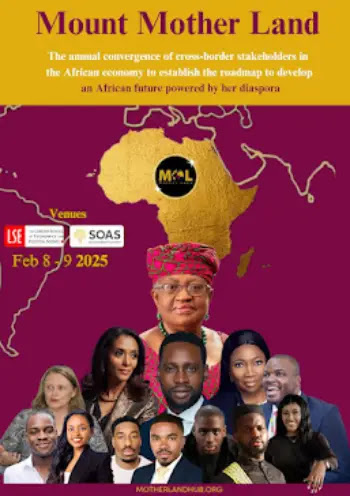McCloud argues that the Supreme Court’s refusal to hear her representation or that of any other transgender individual or group in a key case brought by the gender-critical campaign group For Women Scotland breached her rights under Article 6 of the European Convention on Human Rights, which guarantees a fair trial.
“No representation or evidence had been included from us in the 8,500 group [the estimated number of UK individuals with Gender Recognition Certificates diagnosed as transsexual]. I was refused. The court gave no reasoning,” McCloud stated.
In April, the UK Supreme Court ruled that the legal definition of "woman" in the Equality Act does not include transgender women who hold Gender Recognition Certificates (GRCs). This decision effectively reversed legal protections for trans women in some contexts, prompting significant backlash from the LGBTQ+ community.
Following the judgment, the Equality and Human Rights Commission (EHRC) issued interim guidance that has been interpreted as placing a blanket ban on transgender individuals accessing single-sex spaces that match their gender identity — including toilets, changing rooms, and crisis support services.
McCloud, supported by Trans Legal Clinic and W-Legal, is bringing her challenge under Articles 6, 8, and 14 of the Convention, which protect the rights to a fair trial, private life, and freedom from discrimination.
“The court reversed my and 8,500 other people’s sex for the whole of equality law. We are now two sexes at once. We are told we must use dangerous spaces such as male changing rooms and loos when we have female anatomy. If we are raped, we must go to male rape crisis centres. We are searched by male police, to ‘protect’ female officers from, I assume, our female anatomy.”
The original Supreme Court case was brought by For Women Scotland against the Scottish government. While the court allowed interventions from several gender-critical organisations including Sex Matters, LGB Alliance, The Lesbian Project, and Scottish Lesbians it denied McCloud’s request to intervene, despite the potential impact on transgender people with GRCs.
Now, For Women Scotland has initiated fresh legal action against the Scottish government, accusing it of failing to fully implement the Supreme Court ruling, particularly regarding guidance for schools and prisons. The group is seeking to quash policies that allow trans pupils to use gender-aligned facilities and permit some trans women to be housed in women’s prisons based on risk assessments.
The Scottish government has maintained that it is awaiting the updated EHRC code of practice before acting. Reports indicate that the revised guidance will be delivered to Equalities Minister Bridget Phillipson within the week. Once submitted, the code will undergo a 40-day parliamentary scrutiny period, during which MPs or peers may object though such interventions are rare.
In response to public criticism, EHRC Chief Executive John Kirkpatrick recently published a blog defending the commission’s process and rejecting claims of inaction.
“Our use of supervised AI technology alongside expert legal analysis is a responsible and widely used approach that ensures we can give proper consideration to all responses while delivering the guidance that public bodies urgently need,” he said.
As the legal and political battles continue, McCloud’s case at the ECHR signals a potentially pivotal moment in the ongoing fight over the legal recognition and protection of transgender rights in the UK.





































0 Comments